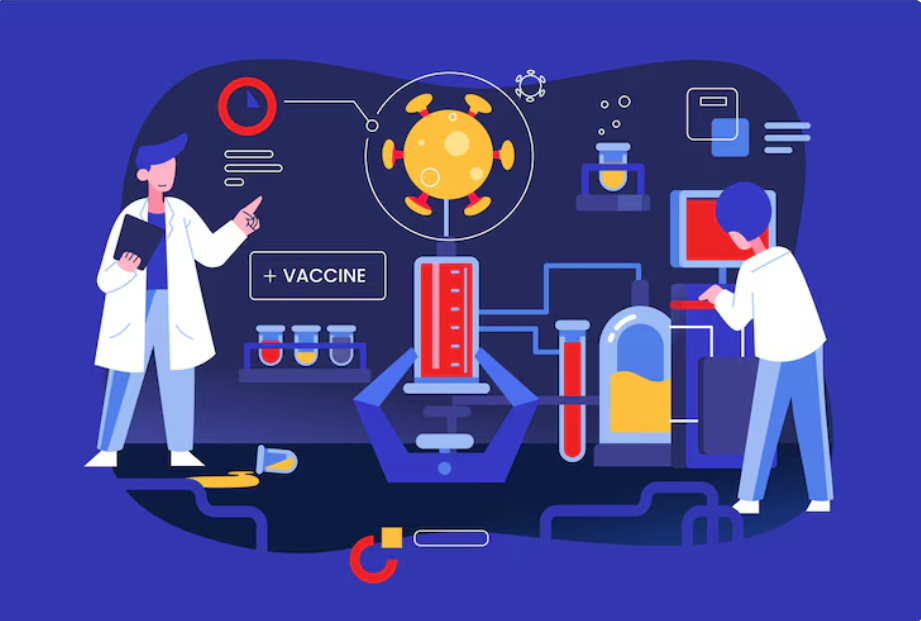The need for cybersecurity specialists is greater than ever in the current digital era. Ethical hackers have emerged as the knights in shining armor guarding against bad hackers and cybercriminals as corporations work to secure their sensitive data from cyber dangers. One must have a wide range of abilities and resources to be a Genuine hackers for hire. This essay will examine the key elements of an ethical hacker’s toolkit, emphasizing the knowledge and abilities needed to protect the online environment.
- Technical aptitude
Technical mastery is the cornerstone of each ethical hacker’s toolbox. They must be well knowledgeable about software, networks, and computer systems. This information is the foundation for locating holes and weak points in a target’s digital architecture.
- Programming Capabilities
Programming languages like Python, C++, and Java, as well as scripting languages like JavaScript and PowerShell, should be mastered by ethical hackers. Using these abilities, they can efficiently create original scripts and exploits to test and secure systems.
- Expertise in Networking
A solid understanding of networking principles, including TCP/IP, DNS, firewalls, and routing. Ethical hackers must navigate complex networks to find security holes and possible access points.
- Mastery of Operating Systems
It is essential to be knowledgeable about various operating systems, including Windows, Linux, and macOS. Ethical hackers must understand these systems’ setups and vulnerabilities to evaluate and safeguard multiple systems.
- Certifications in Cybersecurity
An ethical hacker’s talents and competence are validated by certifications like Certified Ethical Hacker (CEH), Certified Information Systems Security Professional (CISSP), and Offensive Security Certified Professional (OSCP), increasing their marketability.
- Tools for Vulnerability Assessment
Ethical hackers use tools like Nessus, OpenVAS, and Qualys to scan networks and systems for vulnerabilities. Before malevolent hackers may take advantage of loopholes, these technologies assist in identifying them.
- Frameworks for Penetration Testing
Frameworks like Metasploit give ethical hackers a full set of tools to simulate intrusions and evaluate system security. These technologies allow them to identify security flaws and suggest security enhancements.
- Tools for Wireless Networks
As wireless networks proliferate, ethical hackers must be skilled with programs like Aircrack-ng and Wireshark to evaluate their security and guard against illegal access.
- Web Application Evaluation Resources
Cyberattacks frequently target web apps. To evaluate the security of web applications and find vulnerabilities like SQL injection and cross-site scripting (XSS), ethical hackers utilize programs like Burp Suite and OWASP ZAP.
- Tools for cracking passwords
Hashcat and John the Ripper are two essential tools for ethical hackers to assess password strength and suggest changes to improve security.
- Social engineering abilities
Technical proficiency is necessary, but ethical hackers must also be skilled in social engineering. They should know how to influence others to acquire access to data or systems.
- Ongoing Education
The field of cybersecurity is constantly changing. The most recent threats, vulnerabilities, and hacking tactics must be kept in mind by ethical hackers. To stay productive in your industry, you must always learn new things.
In conclusion, the arsenal of an ethical hacker consists of technical know-how, programming prowess, and a thorough awareness of cybersecurity ideas. Ethical hackers may find weaknesses, do penetration testing, and suggest security enhancements to shield enterprises from online attacks with the correct training and equipment. Ethical hacking is a lucrative and essential career in the field of cybersecurity, as the demand for genuine hackers for hire will only grow as the digital landscape continues to change.














